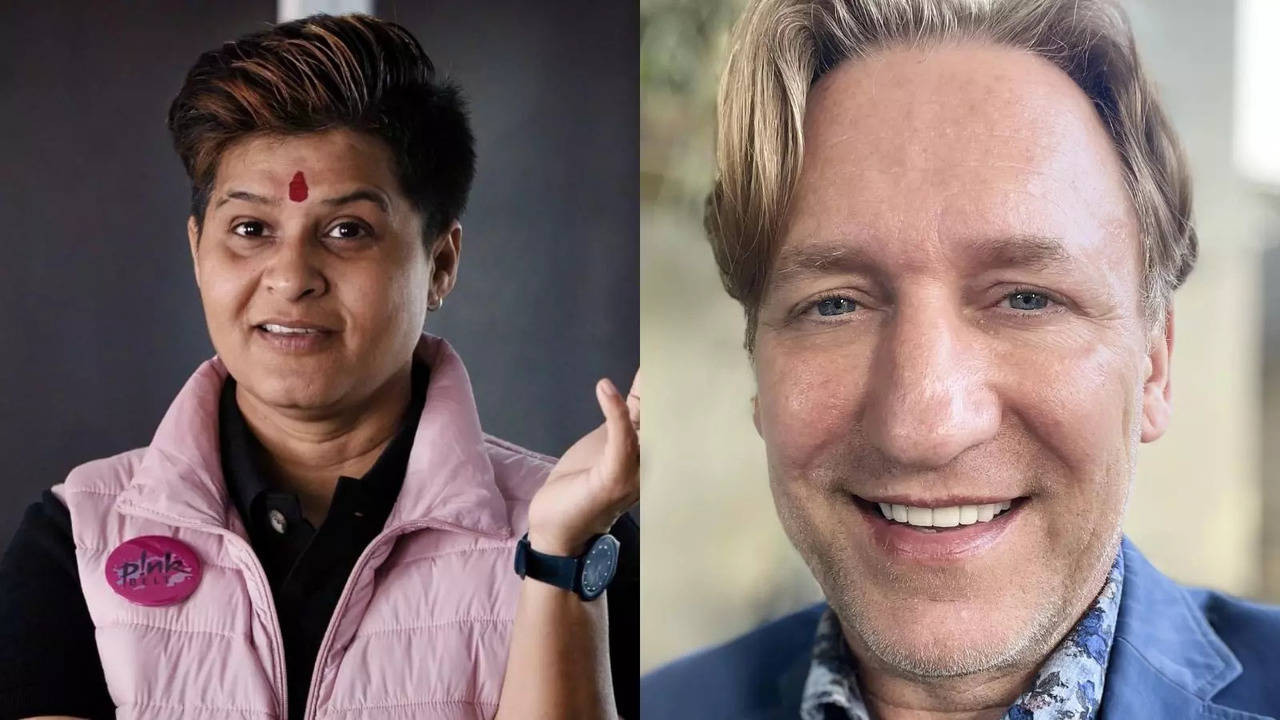
In an exclusive chat with Zoom, Aparna Rajawat, India's sixteen-time national martial arts champion, and director John McCrite spoke about their journey behind the documentaryPink Belt. John’s direction has crafted a documentary that perfectly shows the theme of Aparna’s Pink Belt mission. Read on to know more!
Aparna Rajawat and John McCrite on Pink Belt documentary
Tell us about the Pink Belt Mission.
Aparna: The Nirbhaya Incident shook me to my core and ignited a fire within me to give Indian women their much-deserved confidence, pride, and a sense of safety. However, instead of sitting idle and feeling sad, I wanted to take action. I vowed to prevent what happened to Nirbhaya from happening to any other woman in the future. With this goal in mind, I started the Pink Belt Mission. The main challenge in rural areas is that women are often unable to make their own decisions, and families don't see the importance of education or awareness about safety. These women are mentally and emotionally conditioned to accept their struggles, as they believe it’s the destiny of women around the world. Additionally, while some actions seem effective on paper, there isn’t always real care or groundwork being done. We’ve tried making village volunteers who can access these women, but it’s not enough. I have miles to walk.
What was the initial vision for the documentary?
John: I was on vacation in India, and Aparna was our tour manager. As our tour bus approached Delhi, she asked us to close the curtains due to laws enacted after the Nirbhaya case. That’s when she shared the story of the Pink Belt Mission and her work teaching women self-defense. A few months later, when Aparna came to the U.S. for vacation, I asked if I could film her telling these stories. When she revealed her goal to break the Guinness World Record for most women trained in self-defense, I knew we had to document her journey. My vision was to follow Aparna as she trained women and aimed to break the record, while also capturing her life story.
How did you approach capturing the essence of Aparna's mission to empower women?
John: We kept our crew small—just four of us, with two cameras and one sound person—so that we could maintain an intimate environment while filming. This allowed Aparna and her family to feel comfortable and vulnerable, leading to raw and truthful scenes. Sometimes, we’d keep rolling even when they thought we had stopped, capturing the most genuine moments. We always let them know afterward to ensure they weren’t surprised when watching the film.
What were some of the challenges you faced while filming Pink Belt, especially in rural India?
The biggest technical challenge was that if we needed any equipment, we couldn’t easily rent it like we could in Delhi or Mumbai. We had to be fully prepared. Another challenge was the crowds—people would gather and sometimes block traffic, so we had to set up, film, and break down quickly before it got overwhelming. Additionally, not being native, our crew occasionally faced stomach issues due to the food. I was very ill on one of the shoot days but had to keep going.
What do you hope the audience takes away from Pink Belt, and how do you see this film contributing to the global conversation on women’s safety?
John: When we premiered the film in Palm Springs, California, the audience was moved and gave it a standing ovation. During the Q and A, many women—and even men—shared personal stories of molestation and violence against them. It was a healing experience for both us and the audience. We’ve since connected with a company that wants to create educational events using the film. Pink Belt can reach a global audience through streaming and live events, contributing to the conversation about women’s safety. Rape, violence, and molestation are global problems, and Pink Belt can help address these issues worldwide.
Aparna: Your safety is your power. Trust your instincts, stay aware of your surroundings, and never hesitate to set boundaries. Equip yourself with knowledge, use technology for protection, and surround yourself with supportive communities. Your life is valuable—prioritise your safety in every situation. This is all we have tried to show in the documentary.

